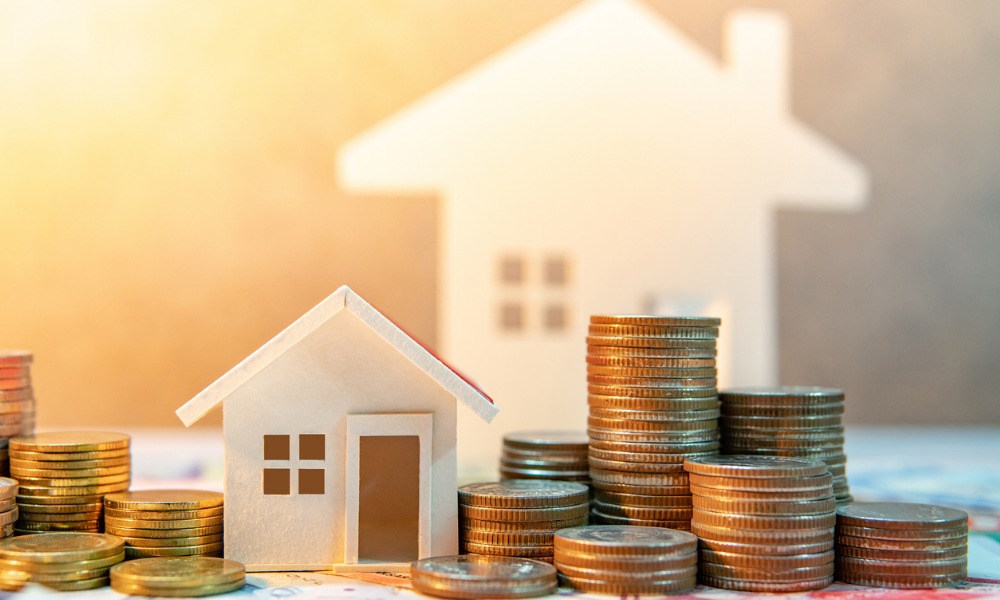Study looks at various scenarios to determine which group is likely to come out on top financially

The long-term investment potential of buying a home is often discussed, but there is another measure of financial success that is also important, the cost of ownership versus renting.
While the current strong appreciation of Canadian home values gives support to the benefit of homeownership as an investment class, a new study considers the ongoing cost of monthly housing expenses.
Based on homebuyers with a 20% down payment, homeowners came out ahead of renters in 91% of 278 cases analyzed by economist and housing market analyst Will Dunning.
"For many people, buying a home - especially the first - is a landmark event and one of the most challenging decisions we'll make in our lives," said Dunning. "It is a decision that is usually based on a lot of hard work. This research tests a belief that is held by a lot of Canadians, that owning is better financially than renting. And it finds that this belief is very often correct."
Although the total monthly cost of ownership is often than higher than renting, Dunning states that the repayment of the principal is essentially a form of (forced) saving rather than a true cost and is one that declines over the term of the loan.
As of the second quarter of 2021, on average the net home ownership cost was $769 per month less than the cost of renting an equivalent dwelling, while in the 9% of scenarios where renting was more beneficial than buying, cases were concentrated in luxury homes in expensive neighbourhood pockets. Moreover, the monthly savings were minimal for this demographic at $245.
Long-term investment
The study also looked at how homeownership might perform as an investment and found that even with a 10% decline in home prices, approximately half of the homeowners studied would still see a positive rate of return on investment. The other half would break even or see a modest loss as an investment.
Even without any growth in home prices, ownership would result in a positive rate of return on investment in most cases.
The analysis includes assumptions about the costs of buying and selling homes (closing costs, lawyers' and real estate agents' fees, and land transfer taxes), and the major ongoing costs incurred by homeowners (utilities, repairs, homeowners' insurance, and condominium fees, where applicable).
The full study, sponsored by Royal LePage, is available at: https://marketing.rlpnetwork.com/Communications/Royal_LePage_Rent_vs_Buy_Report_Summary.pdf



